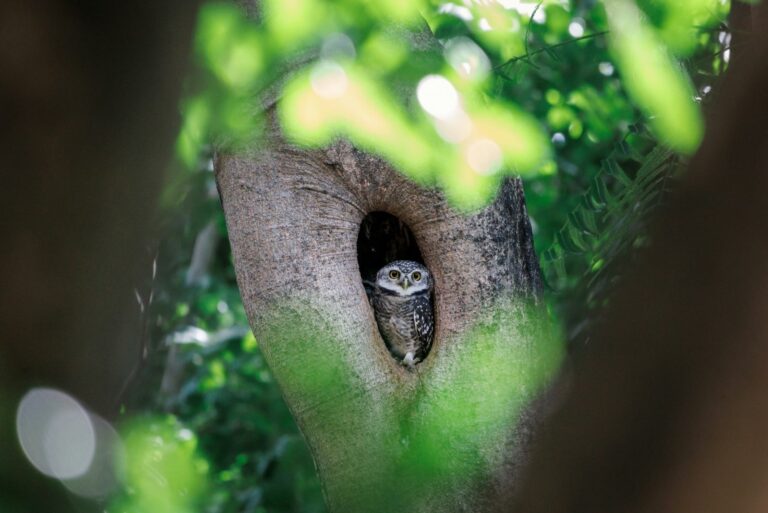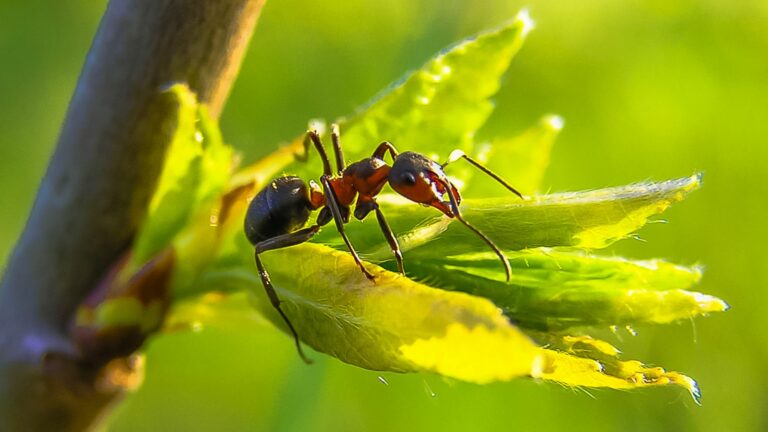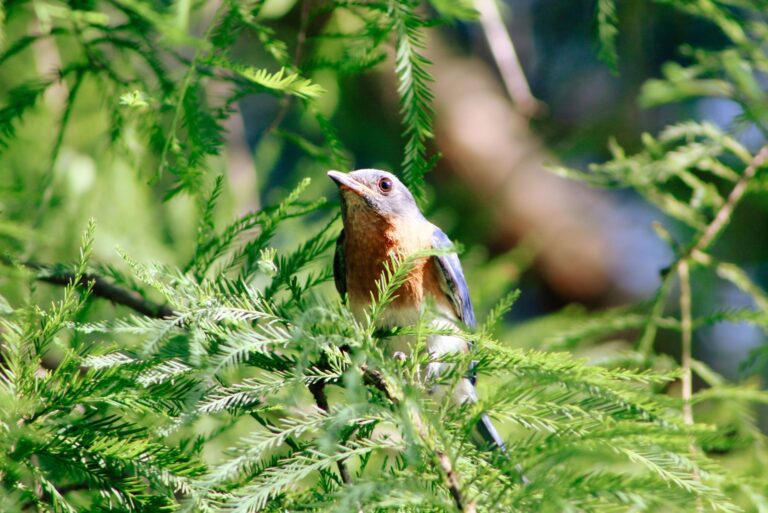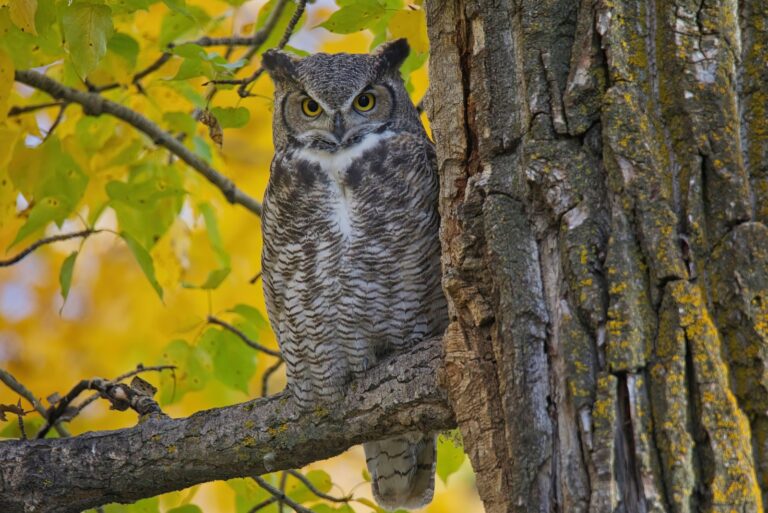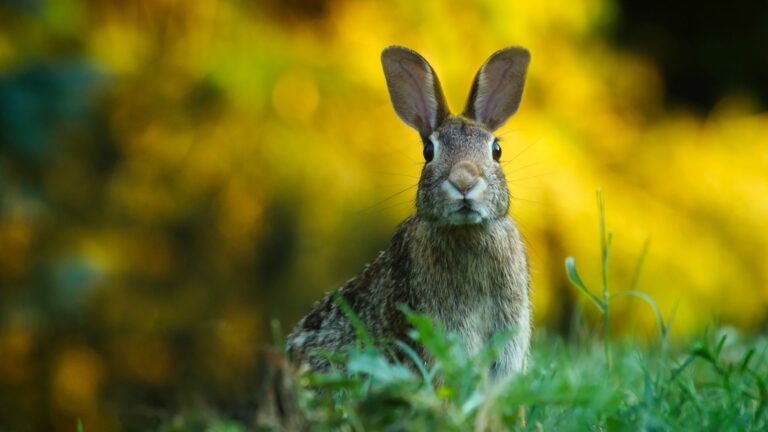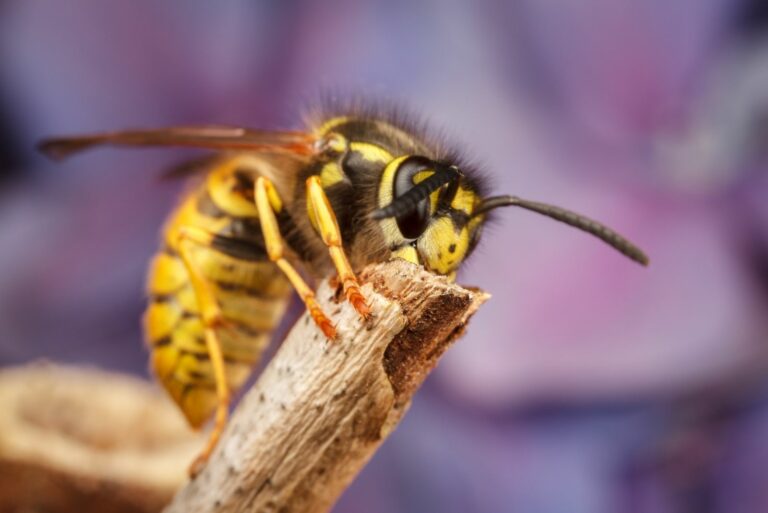9 Safe Ways To Get Rid Of Possums In Georgia Gardens
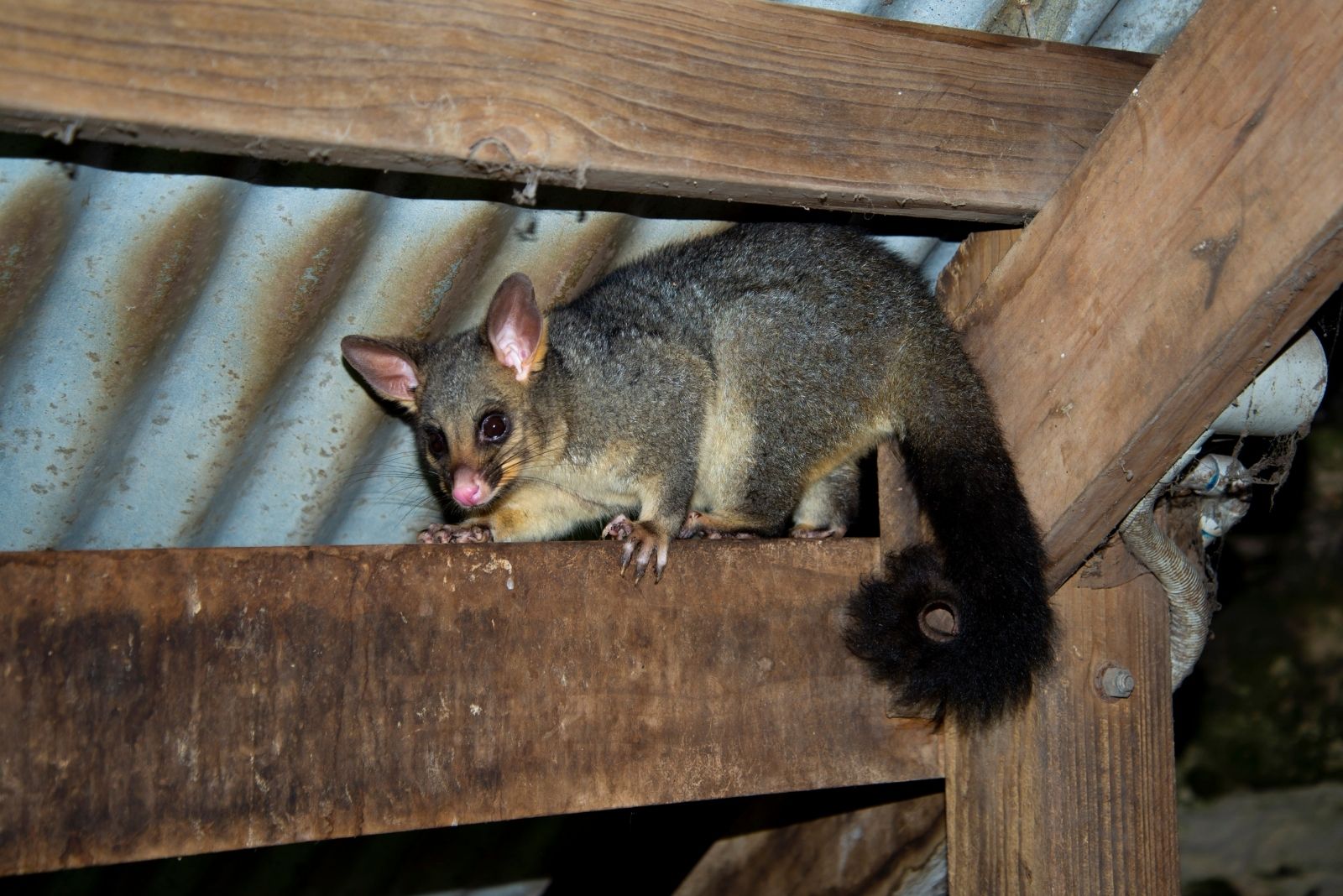
Possums wandering into Georgia gardens can be a nuisance for homeowners and gardeners alike. These nocturnal marsupials often raid vegetable patches, dig up plants, and leave messes in their wake. While possums actually benefit gardens by eating insects and small rodents, their destructive habits sometimes outweigh these advantages.
In my own Georgia garden, I’ve had several possums make themselves at home, tipping over containers and disturbing newly planted seedlings. Fortunately, there are humane ways to encourage these creatures to move elsewhere without causing them harm.
1. Secure Food Sources
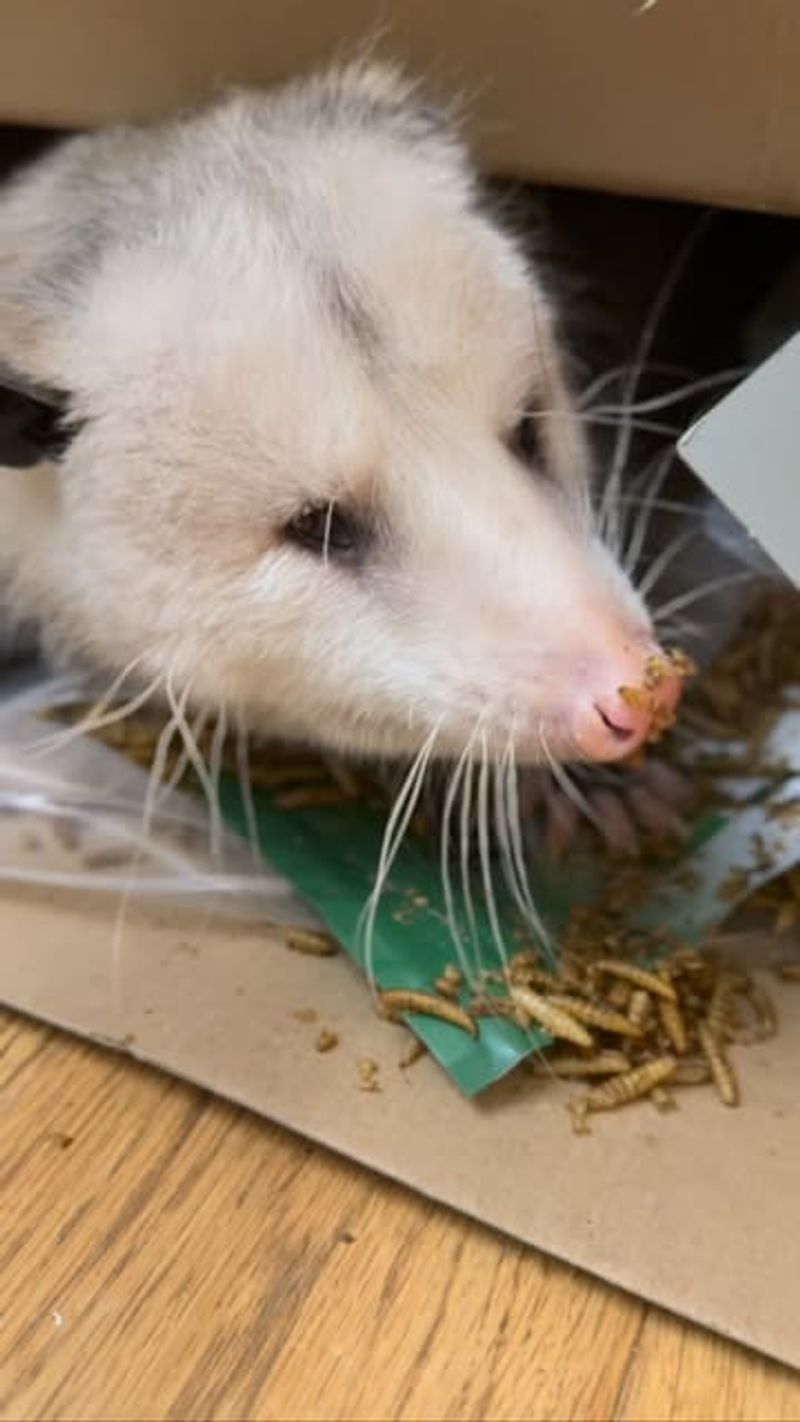
Possums follow their noses straight to easy meals. Pet food left outside overnight might as well be a formal dinner invitation. The same goes for unsecured garbage cans and open compost piles.
Bring pet dishes inside before sunset and invest in locking trash cans with tight-fitting lids. For compost, consider enclosed bins rather than open piles. Remove fallen fruit from trees promptly.
Many Georgia gardeners find that eliminating these temptations significantly reduces possum activity within just a week or two.
2. Motion-Activated Deterrents
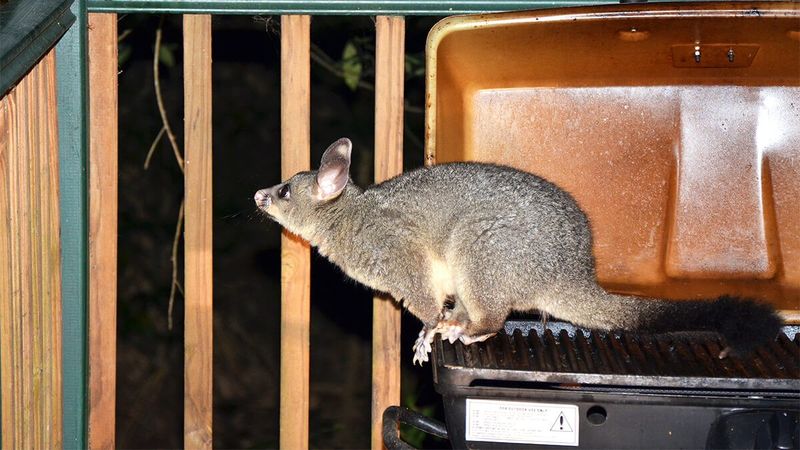
Startling a possum with sudden light or water creates an uncomfortable environment they’ll avoid. Solar-powered motion lights installed at garden entrances work wonders for nighttime protection.
Another effective option involves motion-activated sprinklers that release quick bursts of water when triggered. The surprise spray teaches possums your garden isn’t a welcoming place without causing any harm.
Place these devices strategically around vegetable gardens or flower beds that have shown possum damage in the past.
3. Create Physical Barriers
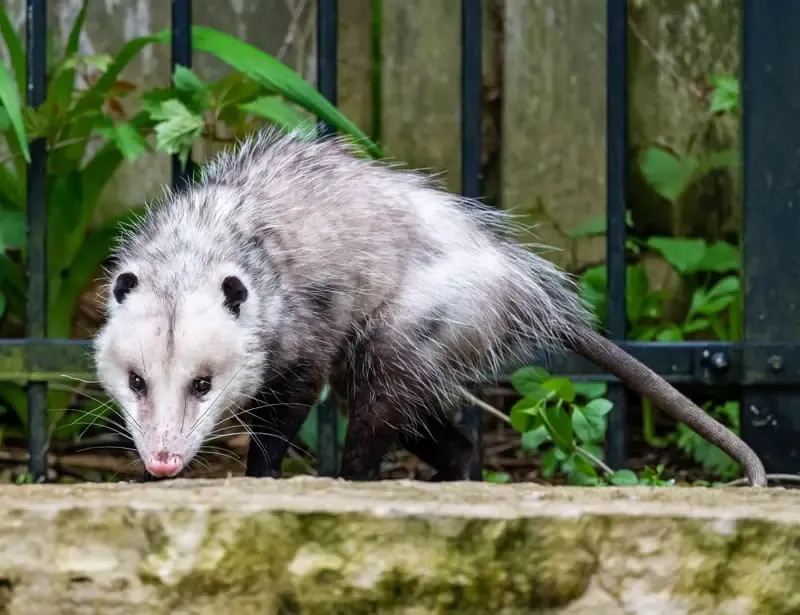
Fencing offers reliable protection against persistent possums. A simple 4-foot fence with the top foot bent outward at a 45-degree angle prevents climbing – possums can’t navigate the awkward overhang.
Chicken wire buried 6-12 inches underground stops digging attempts. For smaller garden sections, consider removable mesh covers that protect specific plants or beds.
Hardware cloth works particularly well for Georgia gardens since it stands up to the humid climate without rusting as quickly as other materials.
4. Natural Scent Repellents

Possums navigate primarily through smell and certain scents send them running. Garlic, hot peppers, and ammonia-soaked rags placed strategically around garden borders create an invisible boundary they rarely cross.
Commercial repellents containing predator urine (like coyote or fox) trigger instinctual fear responses. Some Georgia gardeners swear by sprinkling used cat litter along garden perimeters – the scent of a potential predator keeps possums away.
Reapply these scent deterrents after heavy rain for continuous protection.
5. Eliminate Shelter Options
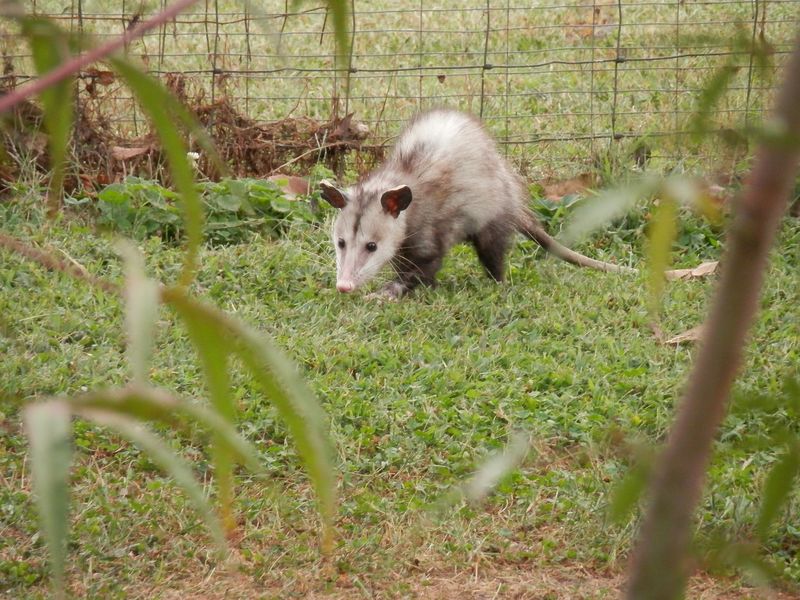
Possums seek out cozy spots to rest during daylight hours. Clearing brush piles, sealing spaces under decks, and trimming low-hanging branches removes potential hiding places.
Check your garden shed or garage for gaps where critters might enter. Repair holes in foundations and close off crawl spaces with hardware cloth to prevent unwanted tenants.
Maintaining a tidy yard with regular cleanup makes your Georgia garden significantly less attractive to passing possums looking for real estate.
6. Strategic Plant Selection
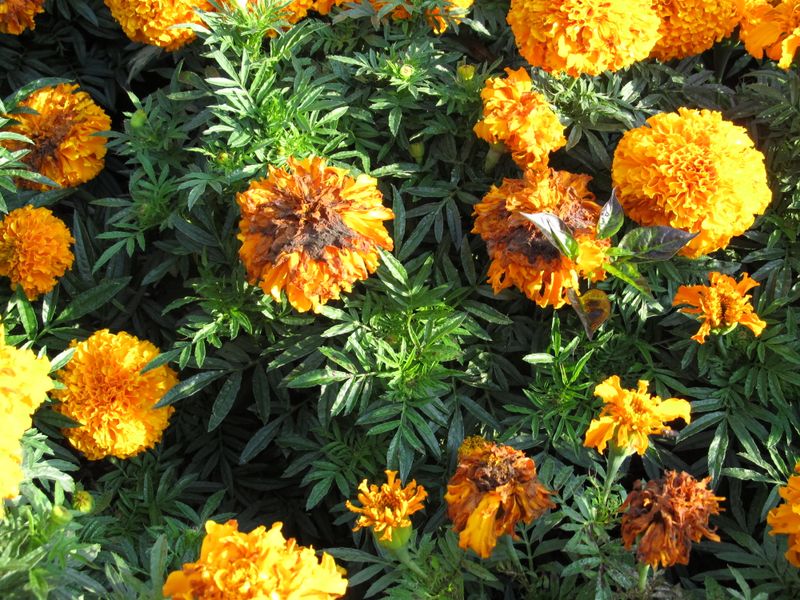
Certain plants naturally repel possums through strong scents or textures they dislike. Marigolds, society garlic, and lantana all produce odors that possums find offensive yet thrive in Georgia’s climate.
Plants with prickly textures like barberry and holly create uncomfortable barriers. Aromatic herbs including rosemary, mint, and lavender serve double duty – they enhance your cooking while keeping possums at bay.
Creating borders of these deterrent plants around vulnerable garden sections provides natural, maintenance-free protection.
7. Humane Trapping And Relocation
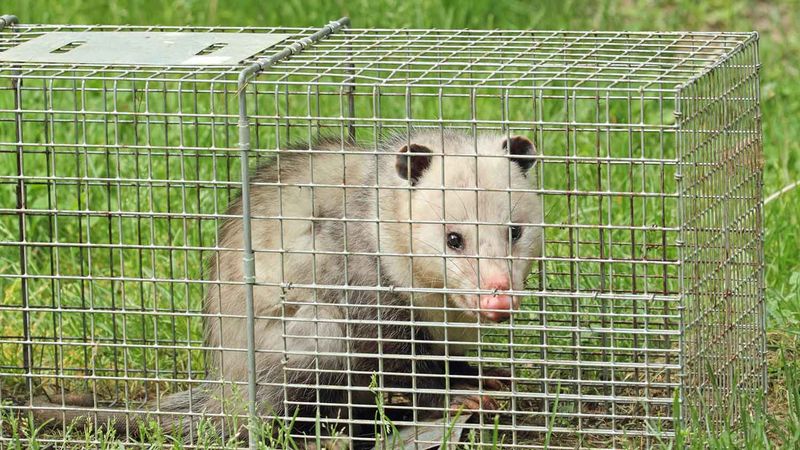
Live trapping requires proper knowledge of Georgia wildlife regulations. The Department of Natural Resources permits homeowners to trap and relocate possums within certain guidelines.
Bait Havahart-style traps with fruit, cat food, or fish, checking them frequently. Release captured possums at least 5 miles away in suitable woodland habitat, away from other residences.
Remember that mother possums may have babies nearby during spring and summer months, so consider timing carefully before removing them from your property.
8. Nighttime Garden Protection
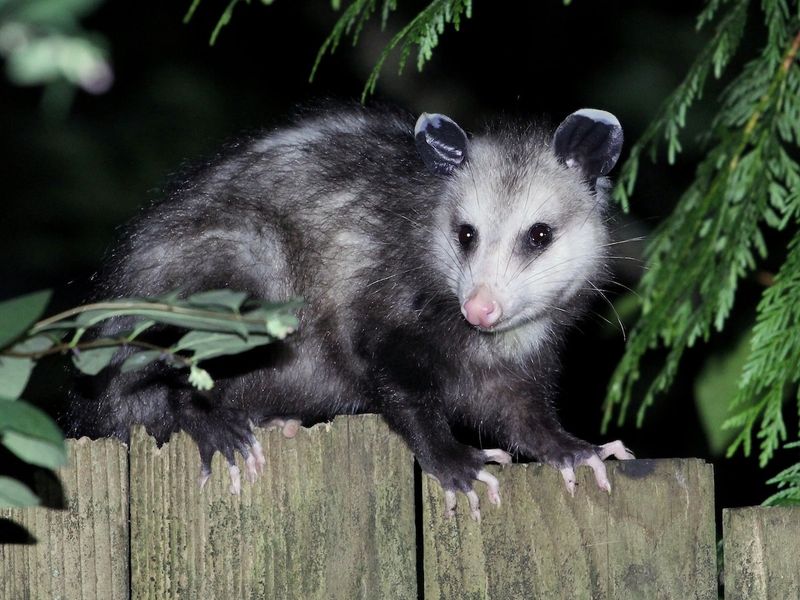
Temporary covers over prized plants provide targeted protection during peak possum activity hours. Lightweight row covers or plastic cloches shield vulnerable vegetables without permanent installation.
Solar garden lights placed throughout planting areas create an environment too bright for comfort-seeking nocturnal visitors. Possums prefer darkness and typically avoid well-lit spaces.
Some Georgia gardeners use portable radio set to talk stations near problem areas – the human voices convince possums the space is occupied and unsafe.
9. Professional Wildlife Services
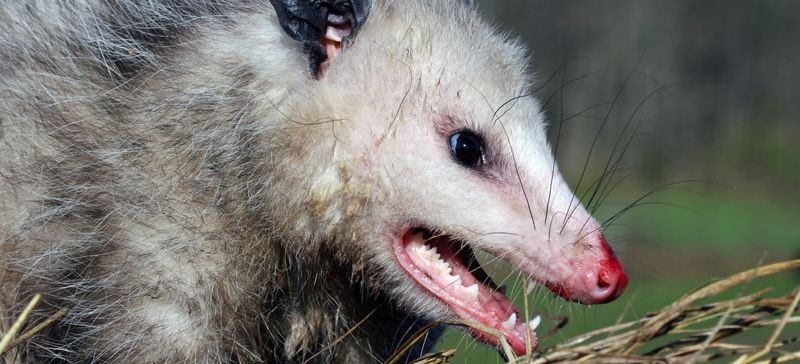
When DIY methods fall short, certified wildlife removal specialists offer guaranteed solutions. These professionals understand possum behavior specific to Georgia’s ecosystems and climate conditions.
They identify entry points and patterns you might miss, implementing customized deterrent strategies. Many companies offer ongoing maintenance plans that protect gardens year-round.
Look for services that emphasize humane practices and provide preventative measures rather than just removal. The Georgia Wildlife Resources Division can recommend reputable operators in your area.

